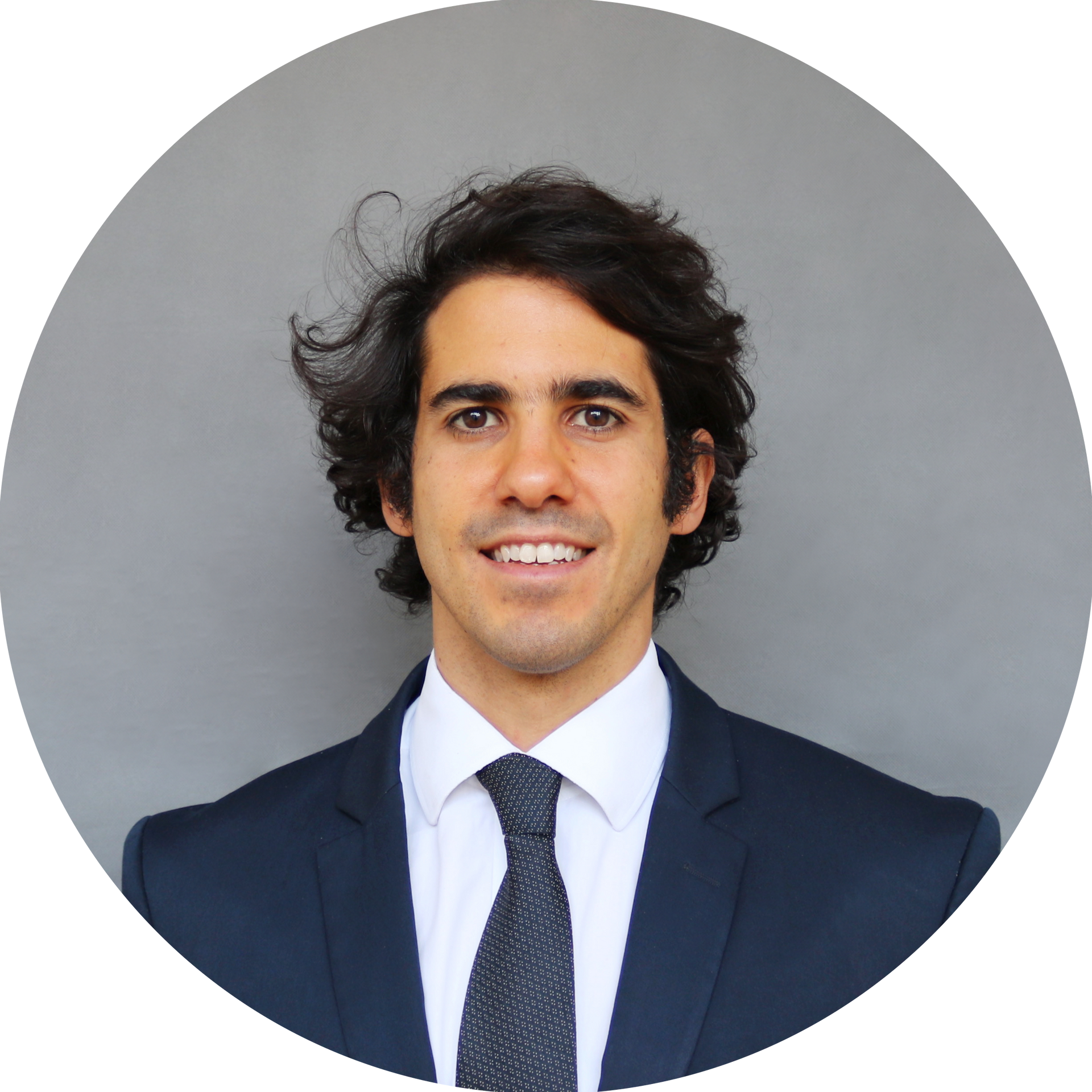Family Reunification in Portugal: Everything You Need to Know About the New Rules

Luís Maria Branco | Lawyer
Portugal’s immigration framework continues to evolve in response to both social realities and administrative challenges. The country has long recognised the importance of family unity as a cornerstone of its migration policy, ensuring that foreign residents can live with their loved ones while integrating into Portuguese society.
With the entry into force of Law No. 61/2025 on 23 October 2025, the rules governing family reunification have been substantially revised. The new framework strengthens the legal foundation for family life in Portugal while introducing additional requirements related to residence periods and integration measures.
Under the amended Article 98(1) of the Immigration Law (Law No. 23/2007, of 4 July), the right to
family reunification is now granted to immediate relatives of a foreign national who has held a valid residence permit for at least two years, whether the family relationship was established before or after the resident’s arrival in Portugal. This confirms that the right to family life extends beyond formal timing and focuses on the genuine existence of family ties.
Who Qualifies as a Family Member
The scope of eligible relatives remains wide, including spouses or civil partners, minor or legally incapacitated dependants such as adopted children, and adult dependent children who are single and studying in Portugal. Adult dependent children studying abroad may also qualify when the resident holds a residence permit under Article 90-A of the Immigration Law, which applies to investors under the so-called Golden Visa regime. The category of dependent parents of the applicant or of the spouse or civil partner, as well as minor siblings under legal guardianship recognised by Portuguese authorities, remains unchanged, reflecting the legislator’s intention to protect family networks that extend beyond the nuclear family.
Exemptions to the Two-Year Requirement
Article 98(2) introduces the first exception to the general two-year residence period. It allows a reduction to fifteen months for couples who can prove that they lived together for at least eighteen months immediately before the resident arrived in Portugal. This provision enables earlier reunification in relationships that were already established before migration.
Article 98(3) sets out a broader list of exemptions in which the residence-time requirement does not apply at all. These include minors or legally incapacitated dependants of the resident, spouses or partners who share a minor or legally incapacitated dependent with the resident, and family members of residents holding permits issued under Articles 90, 90-A and 121-A of the Immigration Law. Article 90 covers residence for highly qualified professionals or researchers, Article 90-A regulates residence for investors under the Golden Visa programme, and Article 121-A refers to holders of the EU Blue Card for highly qualified employment within the European Union.
Article 98(4) grants discretionary power to the Minister for Migration to waive or further reduce the residence period in exceptional and well-justified cases. This decision must consider the strength of family ties and the degree of integration in Portugal, applying the general principles of human dignity and proportionality.
Integration and Living Conditions
The new regime also reinforces integration as a continuing obligation. Under Article 101(3) and (4), family members who obtain residence through reunification must attend Portuguese-language and civic-values training, and minors are required to be enrolled in compulsory education. The renewal of residence permits depends on compliance with these requirements, as well as on proof of sufficient means of subsistence without reliance on social support, and on adequate accommodation, whether owned or rented, suitable for a comparable family in the same region and compliant with general safety and health standards to be detailed in regulation. These measures aim to ensure that family unity is accompanied by active participation in Portuguese civic and social life. Humanitarian exemptions remain possible in duly justified cases.
Procedural Changes and Transitional Measures
Articles 104 and 105 introduce clearer expectations for applicants and for AIMA, the Agency for Integration, Migration and Asylum. Applications should be decided within nine months, extendable only once in complex cases, and AIMA must organise its appointments and scheduling system transparently and predictably.
A transitional rule in Article 6(2) of Law No. 61/2025, valid until 22 April 2026, allows family members who are already in Portugal and entered legally to apply for residence permits under the updated Article 98, facilitating regularisation for families already established in the country.
Article 103(2) further clarifies that a sponsor may request residence for family members listed in Article 98(3) who are already in Portugal, provided they entered and remain legally at the date of the request. This ensures that, for these categories, applications can be submitted within Portugal rather than through a consulate abroad.
Practical Considerations
The legislative text of the reform under Law No. 61/2025 is not perfectly drafted, and certain provisions may lend themselves to different interpretations. This may create some uncertainty at the application stage while administrative guidance is still being developed. The two-year waiting period will feel burdensome for many families, though it appears intended to safeguard the genuineness of family ties and to promote early integration. Authorities will need to ensure that the new rules are applied with flexibility and proportionality to avoid disproportionate outcomes. Applicants should assess whether an exemption applies, whether the fifteen-month rule may be used, or whether an exceptional waiver could be justified in their individual circumstances. Close attention to forthcoming regulations and to AIMA’s administrative practice will be essential.
At LVP Advogados, we assist clients in preparing and submitting family reunification applications, advising on eligibility, documentation and procedural strategy. We also monitor implementation practices at AIMA and related administrative bodies to ensure that each case benefits from the most up-to-date interpretation of the law. Suppose you or a family member is considering applying for residence through family reunification. In that case, our team can provide a clear assessment of your options and guide you through the process from start to finish.










